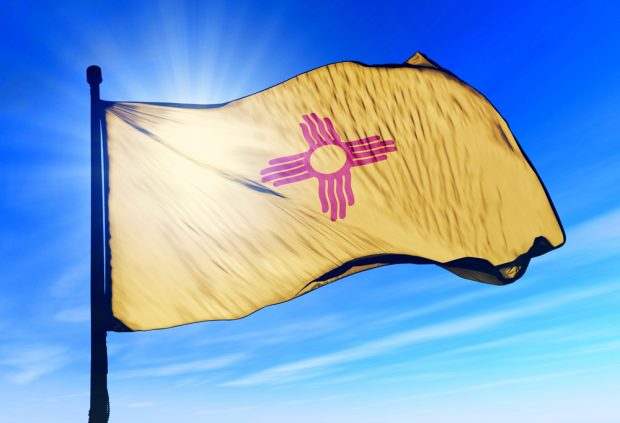NEW YORK – The National Federation of Community Development Credit Unions is worried about the financial stability of some of its members in the hurricane damaged zone and has not yet made contact with some of them. Ten of the Federation's members are headquartered in the most damaged area and two, the AME Church FCU ($122,000, 600 members) and the $1.3 million Total Community Action are located in New Orleans and have not been contacted since the storm. Others have suffered grievous damage. The $208 million ASI FCU, one of the Federation's largest members, is headquartered in the New Orleans area and has to move its operations to Baton Rouge. The $38 million Hope Community Credit Union, headquartered in Jackson, Mississippi had its New Orleans branch looted. But the ripples of the Katrina disaster spreading out across all credit unions worries Cliff Rosenthal. "Many of those people you are seeing on your television screens are our members whose lives are completely disrupted and who have been sent across the country to different places," said Rosenthal, executive director of the NFCDCU. To help counter the damage, the Federation has opened a community development relief and rebuilding fund to help community development credit unions in the areas impacted by the storm. "We cannot calculate the scope of the tragedy yet," the Federation wrote in a September 9 letter to its members announcing the opening of the Fund, "but we do know that the devastation of people's lives will be long-term, lasting far beyond the immediate needs of food, water and immediate shelter." The Federation's letter pointed out that the members' personal financial crisis brought on by the storm could translate into crises for their credit unions. "Many borrowers will simply be unable to repay their loans – and who of us would want to be the position of demanding payment or threatening action against them? Yet it is vital that our CDCU remain economically viable if they are to assist in the rebuilding process." The letter indicated the fund would be used to help out individual credit union members in distress and to help the credit unions themselves cope with whatever losses they might face from having members not return to their homes or otherwise default on loans or drop their memberships in the credit union. [email protected]
Complete your profile to continue reading and get FREE access to CUTimes.com, part of your ALM digital membership.
Your access to unlimited CUTimes.com content isn’t changing.
Once you are an ALM digital member, you’ll receive:
- Breaking credit union news and analysis, on-site and via our newsletters and custom alerts
- Weekly Shared Accounts podcast featuring exclusive interviews with industry leaders
- Educational webcasts, white papers, and ebooks from industry thought leaders
- Critical coverage of the commercial real estate and financial advisory markets on our other ALM sites, GlobeSt.com and ThinkAdvisor.com
Already have an account? Sign In Now
© 2024 ALM Global, LLC, All Rights Reserved. Request academic re-use from www.copyright.com. All other uses, submit a request to [email protected]. For more information visit Asset & Logo Licensing.









